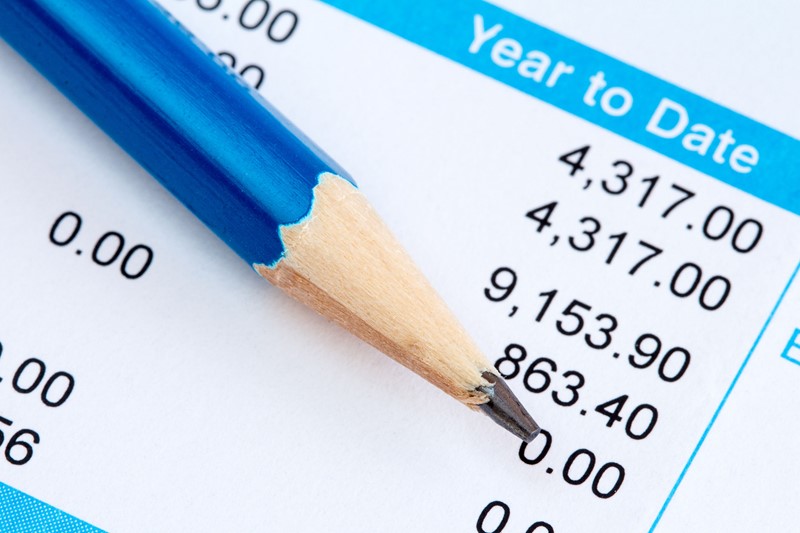Miscellaneous income
There are special rules known as the miscellaneous income sweep-up provisions that seek to charge tax on certain income. This unusual provision, which is broad in scope, catches income that would not Read More

There are special rules known as the miscellaneous income sweep-up provisions that seek to charge tax on certain income. This unusual provision, which is broad in scope, catches income that would not Read More

The Annual Investment Allowance (AIA) is a generous tax relief that was first introduced in 2008. The AIA allows for the total amount of qualifying expenditure on plant and machinery to be deducted Read More

The letters in an employee’s tax code signify their entitlement (or not) to the annual tax-free personal allowance. The tax codes are updated annually and help employer’s work out how much tax to Read More

The majority of gifts made during a person's life are not subject to tax at the time of the gift. These lifetime transfers are known as 'potentially exempt transfers' or 'PETs'. These gifts or Read More

The replacement of domestic items relief has been in place since April 2016. The relief allows landlords the ability to claim tax relief when they replace movable furniture, furnishings, household Read More

Whilst most businesses in the UK charge VAT at the standard rate of 20%, there are a number of different VAT rates and exemptions that businesses should be aware of. In the UK, there are three Read More

The settlement legislation seeks to ensure that where a settlor has retained an interest in property that the income arising is treated as the settlor’s income for all tax purposes. A settlor can be Read More

If you are self-employed as a sole trader or as a partner in a business partnership, then you must keep suitable business records as well as separate personal records of your income. For tax Read More

The Inheritance Tax residence nil rate band (RNRB) is a transferable allowance for married couples and civil partners (per person) when their main residence is passed down to a direct descendent such Read More

Employers must ensure they are paying staff the new National Minimum Wage (NMW) and National Living Wage (NLW) rates for the period from 1 April 2022 - 31 March 2023. The NLW is the minimum hourly Read More
